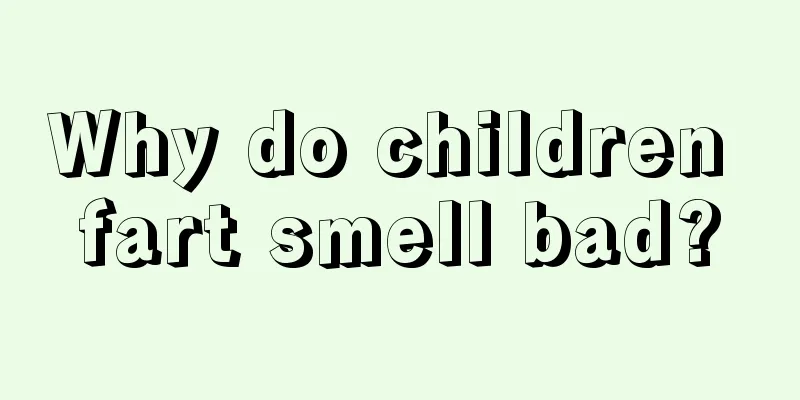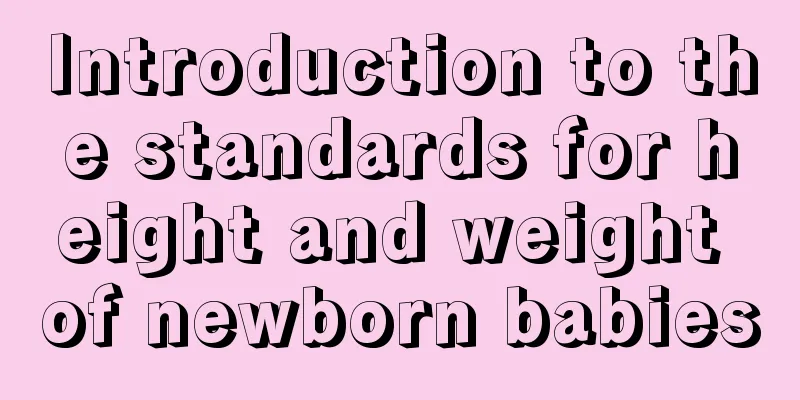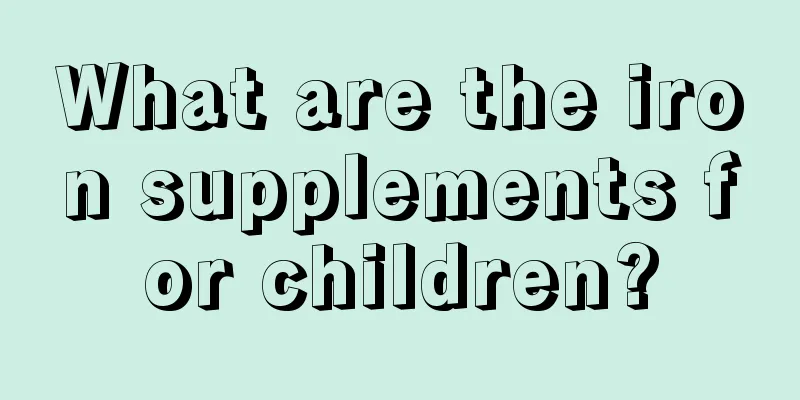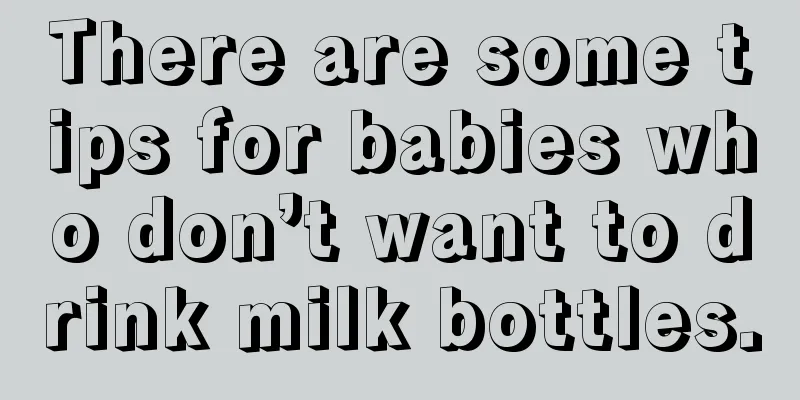At what age do children start to lose their teeth? What should we pay attention to?
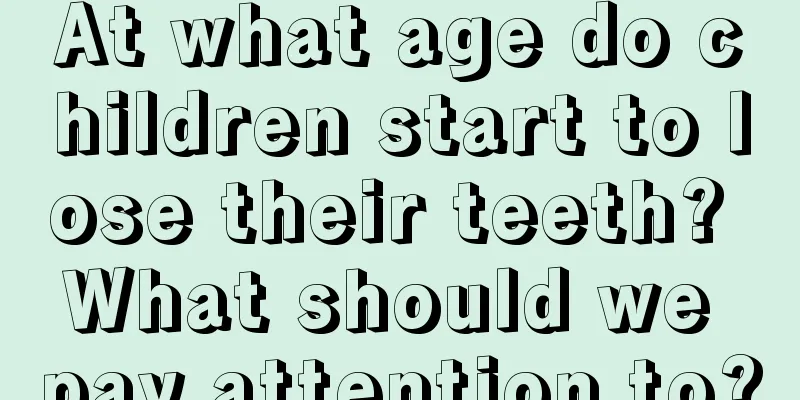
|
Tooth replacement is the process of deciduous teeth falling out and permanent teeth growing in. Every child has to go through this process of tooth replacement. Sometimes, due to different physical conditions of children, the way and age of tooth replacement may also be different. There are many things to pay attention to when children are changing their teeth, such as oral hygiene, food nutrition, and avoiding children from touching or licking their new teeth during the process. At what age do children usually start to change their teeth? Tooth replacement is the process of deciduous teeth falling out and permanent teeth growing in. During the growth and development process, there is a permanent tooth germ under the root of each deciduous tooth, which gradually develops and grows. During the eruption of the permanent tooth, on the one hand, it compresses the alveolar bone between the deciduous tooth root and the permanent tooth germ, and through the action of osteoclasts, the bone is absorbed and thinned until it is completely absorbed; on the other hand, it directly compresses the deciduous tooth root, causing the deciduous tooth root to gradually absorb, become shorter and shorter, until it disappears completely. Then the deciduous teeth begin to fall out and the permanent teeth gradually grow in. Normally, at the age of 6 to 7, the deciduous central incisor (central front tooth) of the mandible begins to shake and fall out, and soon the permanent central incisor grows in its place; at the same time, the first molar grows behind the second deciduous molar. After that, the other teeth were replaced one after another. The permanent monocuspids and bicuspids can only grow out after the deciduous teeth in the same position fall out. By the age of 12 to 13, all the deciduous teeth have fallen out and have been replaced by permanent teeth. After that, permanent teeth will grow separately: the second molar will grow behind the first molar at the age of 12 to 14, and the third molar will grow after the age of 18. It is normal for some people to not have third molars. When teeth are replaced, they will generally fall out naturally, so parents do not need to worry. If you are worried about retained deciduous teeth, you can use a little external force to remove them when the teeth are loose to a certain extent (when the shaking gap is larger than the tooth itself, about two weeks from the beginning of the loosening of the tooth). There will be a small amount of bleeding, but do not worry, the baby's body will naturally stop the bleeding. During the period of child's tooth replacement, we should not only pay attention to the child's teeth, but also the facial changes caused by the child's tooth development and the child's self-esteem. When children are losing their teeth, they will feel that it is unsightly to lose them. At this time, you should not make fun of them for this, as this will leave a psychological trauma on them. |
<<: What should children with ankylosing spondylitis pay attention to?
>>: Cui Yutao: What should we pay attention to when it comes to children’s intestinal health?
Recommend
What to do if your child has a cold, cough, or asthma
Children's colds, coughs and asthma are actua...
What is the disease of toothache and fever in children? It turns out that these diseases are the cause
In daily life, children often suffer from toothac...
Causes of perianal abscess in infants
Perianal abscess in infants is a relatively commo...
Clinical manifestations of heart defects in children
Heart defect in children is a common congenital d...
How to treat multiple enchondromas in children?
Chondroma is a tumor disease that is very common ...
Why can't children wear adult slippers?
Children are always curious about adult things. T...
When should children's teeth be straightened?
If a baby has tooth deformities, it will cause gr...
What are the symptoms of rabies in children?
I believe everyone is familiar with the disease o...
Treatment and causes of yellow palms in children
Children’s own resistance is very poor, so when c...
What to do if your child has dry stools
Parents must pay attention to children's dry ...
How to wake up a sleeping baby
If parents want their baby to wake up quickly, th...
Are babies afraid of cold or heat?
Whether babies are afraid of cold or heat is not ...
What to do if your child has leg cramps
Children always like to run and jump around, so t...
Why does the baby not eat?
Babies always refuse to eat, which makes many mot...
What is the sleep time of a baby over one month old?
We all know that after the baby is born, he spend...



